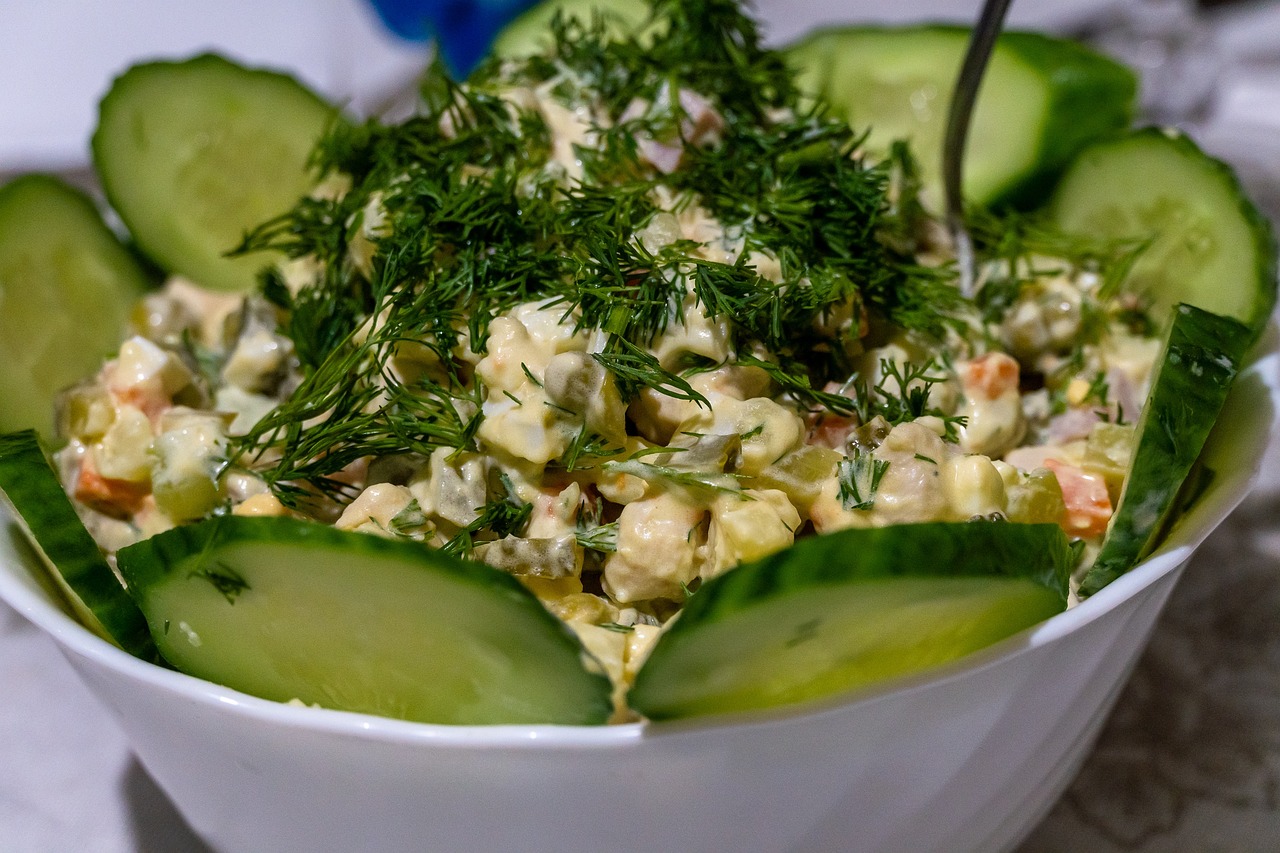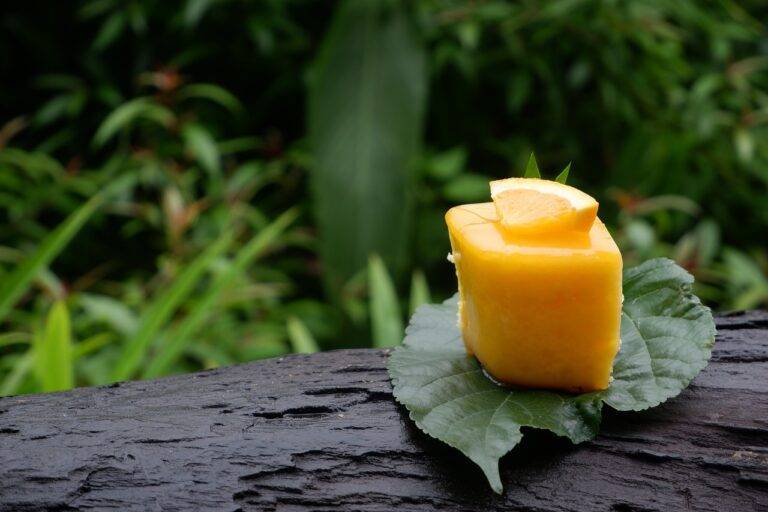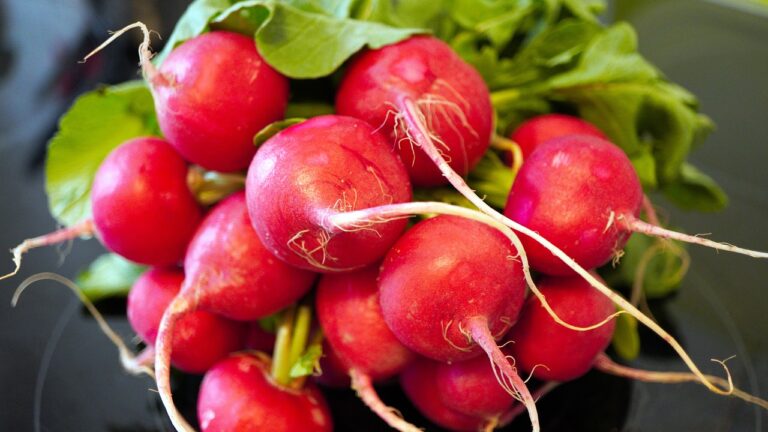Fermentation and Intergenerational Learning: Passing Down Wisdom Through Food Practices Across Ages
11xplay reddy login password, diamondexch9 id, skyexchange id: Fermentation and Intergenerational Learning: Passing Down Wisdom Through Food Practices Across Ages
There is something truly magical about fermentation. It’s a process that has been used by cultures all over the world for centuries to preserve food, enhance flavor, and promote health. And what’s even more fascinating is how this ancient practice has been passed down from generation to generation, ensuring that the wisdom and traditions behind fermentation remain alive and thriving.
In today’s fast-paced world, where convenience often trumps tradition, it’s easy to lose touch with the art of fermentation. But as more people rediscover the joys of homemade pickles, sauerkraut, kimchi, and kombucha, there’s a growing recognition of the importance of preserving these age-old practices.
One of the most beautiful aspects of fermentation is how it brings people together across generations. Grandmothers pass down their secret recipes for sourdough starter, mothers teach their daughters the art of fermenting vegetables, and fathers show their sons how to brew their own beer. Through these shared experiences, knowledge is handed down, traditions are upheld, and connections are made that transcend time.
As we delve deeper into the world of fermentation, we realize that it’s not just about transforming foodit’s also about transforming relationships. The act of fermenting together creates bonds that strengthen family ties, foster community connections, and bridge the gap between young and old. It’s a way of honoring the past while embracing the future, of learning from those who came before us while empowering those who will come after.
So why is fermentation so important in this day and age? And how can we ensure that the wisdom of our ancestors continues to be passed down through the ages? Let’s explore these questions and more as we delve into the world of fermentation and intergenerational learning.
The History of Fermentation
Fermentation is an ancient practice that dates back thousands of years. It’s believed to have been discovered by accident, as early humans noticed that certain foods would naturally ferment when left out in the open. Over time, they began to harness this process, using it to preserve food, improve taste, and enhance nutritional value.
One of the earliest forms of fermentation was the production of wine in ancient Egypt. The Egyptians would crush grapes and store them in clay pots, where they would ferment naturally, leading to the creation of the first known alcoholic beverage. Similarly, the Chinese were fermenting soybeans to make soy sauce as far back as 500 BC, while the Greeks and Romans were using fermentation to make cheese and sauerkraut.
As fermentation spread throughout the world, different cultures began to develop their own unique techniques and recipes. In Korea, kimchi became a staple food, in Japan, miso and soy sauce were perfected, and in Germany, sauerkraut became a beloved accompaniment to many dishes.
Today, fermentation is experiencing a resurgence as people rediscover the joys of homemade fermented foods. From pickles to kombucha to sourdough bread, there’s a renewed interest in traditional food preservation methods that have stood the test of time.
Intergenerational Learning Through Fermentation
One of the most beautiful aspects of fermentation is how it lends itself to intergenerational learning. When grandparents teach their grandchildren how to make homemade pickles or parents show their children how to brew beer, they are passing down not just recipes, but also memories, traditions, and wisdom.
There’s something incredibly special about learning a time-honored skill from someone who has been practicing it for years. The knowledge that is shared during these moments of teaching and learning is priceless, ingrained with the stories and experiences of generations past. And as younger generations embrace these traditions, they are ensuring that they will continue to thrive for years to come.
Fermentation also provides an opportunity for family members to bond over a shared activity. Whether it’s gathering around the kitchen table to chop vegetables for a batch of sauerkraut or spending a weekend brewing beer together, fermenting food brings people together in a way that few other activities can.
Through these shared experiences, relationships are strengthened, memories are created, and connections are forged that transcend age and time. It’s a way of honoring our ancestors, celebrating our heritage, and creating new traditions that will be passed down to future generations.
FAQs
Q: Why is fermentation important in today’s world?
A: Fermentation is important because it preserves food, enhances flavor, and promotes health. It also connects us to our heritage and traditions, fostering a sense of community and intergenerational learning.
Q: How can I get started with fermentation?
A: The best way to get started with fermentation is to choose a recipe that interests you and follow it closely. There are many resources available online and in books that can guide you through the process.
Q: Can I ferment food with my family?
A: Absolutely! Fermentation is a great activity to do with family members of all ages. It’s a fun and rewarding way to spend time together while learning a new skill and creating delicious homemade food.
In conclusion, fermentation is not just about transforming foodit’s about transforming relationships. It’s a way of honoring the past while celebrating the present and ensuring that the wisdom of our ancestors continues to be passed down through the ages. So why not gather your loved ones, roll up your sleeves, and embark on a journey of discovery through the art of fermentation? Who knows what delicious creations and cherished memories you’ll create along the way.







